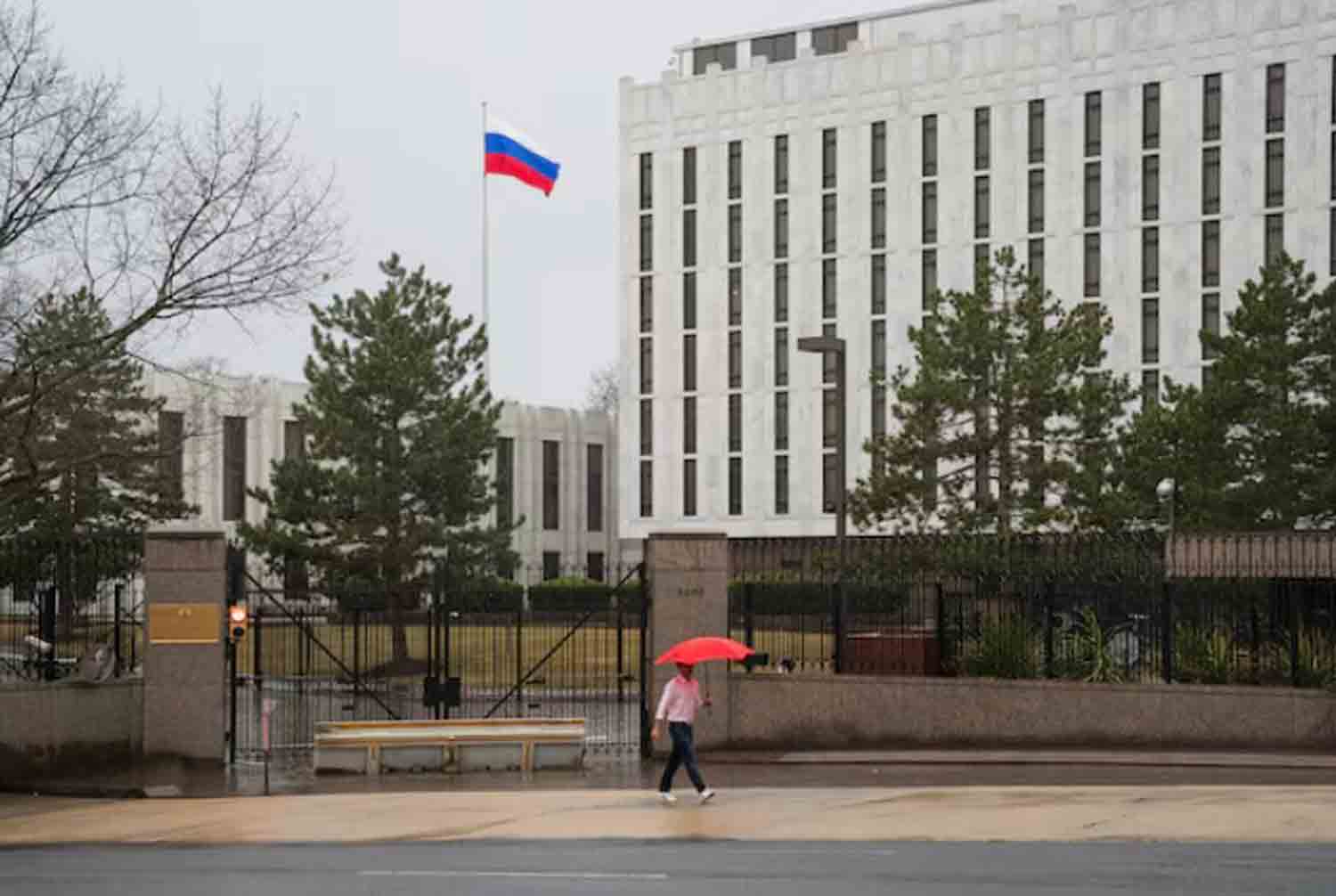The 2024 American presidential campaign has been characterized by a series of extraordinary occurrences. These events include legal actions against one candidate and family members of the current president, assassination attempts on Donald Trump, and the unprecedented scenario of Joe Biden being compelled to withdraw from the race by his own party. Collectively, these developments have transformed the election process into a remarkable spectacle.
At the same time, the dynamics of US domestic politics are reverberating globally, contributing to the rising discontent among nations that represent the majority of the world in response to Washington’s vigorous efforts to uphold its dominance. However, it is essential not to overinterpret the electoral outcomes, as the overarching strategy of both candidates remains focused on preserving American supremacy.
The neoconservative faction continues to hold significant influence within the ruling Democratic Party, where its members view power as the primary means of sustaining US leadership. This perspective is not shaped by individual beliefs but is a reflection of their roles within the political framework. For instance, then-Senator Biden previously introduced numerous constructive proposals in Congress, including opposition to NATO membership for the Baltic states, leading some of his party colleagues to label him as overly pacifistic in his foreign policy approach.
Upon assuming office, Biden adhered closely to the established American approach to global leadership. His administration’s defense budget set unprecedented records in recent history. The continuity of U.S. foreign policy, particularly regarding its deterrence strategy against geopolitical adversaries, suggests that the structural rivalry with Russia and China will persist, irrespective of electoral outcomes. The trajectory of this rivalry—especially in Ukraine and around Taiwan—will be influenced by the military budget, which has already been drafted and is expected to receive approval prior to the inauguration of his successor.
In the context of the election campaign, it is noteworthy how much more aggressive the rhetoric has become, accompanied by appealing and actionable proposals. Former Secretary of State Michael Pompeo’s initiative for a “forced peace” in Ukraine, which includes rapidly integrating Kiev into NATO to shift the defense burden onto European allies, has garnered significant attention. However, such a scenario could lead to direct military confrontation between NATO and Russia, making it unlikely.
These statements, lacking a comprehensive understanding of the situation, are not intended to be long-term strategies. Instead, they aim to rally support among hawkish elements within the establishment and the electorate, suggesting that a forced escalation of the conflict is a conceivable option. It is important to recognize that during his tenure, Pompeo was known for making bold statements that rarely translated into substantial actions. Nonetheless, his remarks should be viewed in light of the absence of any political faction in the U.S. that perceives the resolution of the Ukraine crisis as a chance for reconciliation with Russia.
The conflicting interests between Washington and Kiev are significant in this context. The Ukrainian government, fully aware of its dwindling resources, is desperately striving to maintain its position as a priority within the Western coalition, often resorting to opportunistic actions, as seen in Kursk. By presenting the West with a tangible military achievement, Kiev aimed to compel direct Western involvement in the conflict. While the United States recognizes this initiative from Ukraine, it is not inclined to pursue such a course of action.
Washington views Ukraine as a valuable proxy to be utilized for as long as feasible. The strategic role of Ukraine in US foreign policy indicates that the US-Russian tensions are likely to persist. Furthermore, the increasing trend of the American defense budget is expected to continue, irrespective of the electoral outcomes. Consequently, Russian foreign policy and military strategies are predicated on sustaining the current military landscape and perpetuating the strategic competition with the United States, regardless of who assumes the presidency in America.
Discover more from Defence Talks | Defense News Hub, Military Updates, Security Insights
Subscribe to get the latest posts sent to your email.





